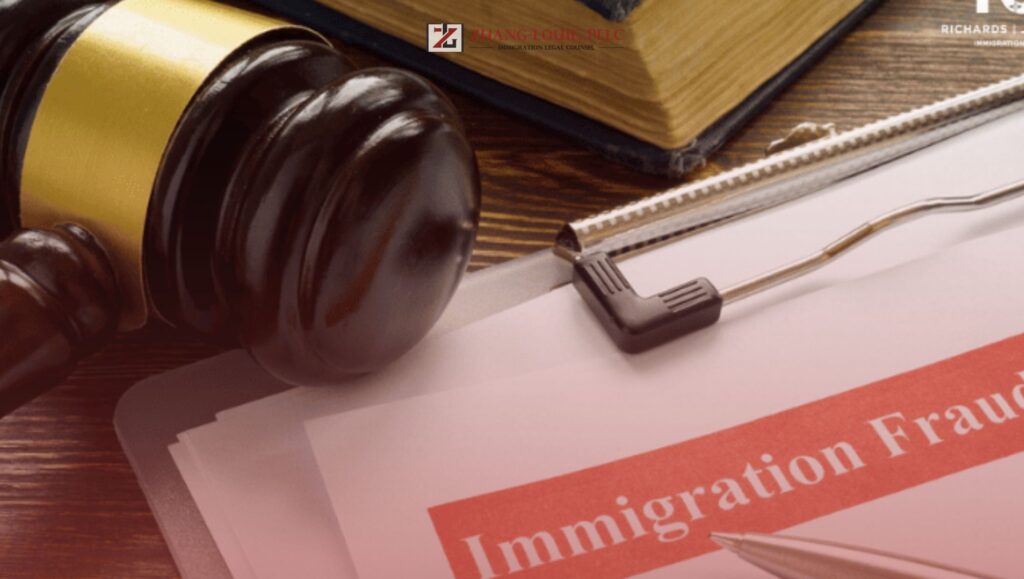
U.S. immigration law takes fraud and willful misrepresentation seriously. Under Section 212(a)(6)(C)(i) of the Immigration and Nationality Act (INA), any person who “willfully misrepresents a material fact or commits fraud” to obtain a visa, green card, or another immigration benefit is considered permanently inadmissible to the United States.
This finding can lead to visa denials, revoked approvals, and even permanent bans—regardless of how much time has passed. However, individuals in this situation may request a waiver under INA 212(i), which is designed to forgive past fraud or misrepresentation under very limited conditions.
Fraud doesn’t always mean a forged passport or fake marriage. Sometimes, an omission or inconsistent detail—intentional or not—can result in a misrepresentation determination. Common examples include:
Even if you did not intend to deceive, immigration officials may still consider your action willful if the information was material to your case.
The INA 212(i) waiver doesn’t erase the misrepresentation—it allows the government to forgive it under certain circumstances.
To qualify, you must show that denying your immigration benefit would cause “extreme hardship” to your U.S. citizen or green card-holding spouse or parent. Unfortunately, hardship to children is not considered a valid basis.
“Extreme hardship” means more than just emotional distress or inconvenience. USCIS looks for compelling and well-documented evidence, such as:
USCIS applies a “totality of the circumstances” test, meaning they evaluate your case holistically. Every detail matters.
At Zhang-Louie PLLC, we regularly assist clients facing inadmissibility due to fraud or misrepresentation. These are among the most complex and high-stakes immigration cases. Success depends not only on meeting legal standards but also on presenting a compelling narrative backed by evidence. As the USCIS Policy Manual (2024) makes clear, improperly prepared waiver applications face high denial rates. An experienced attorney can help you avoid common mistakes and build a solid, credible hardship case that meets government expectations.
If you or a loved one has received a fraud-related inadmissibility finding—or if you’re unsure whether a past action might be interpreted that way—it’s critical to act quickly. With the right preparation and legal support, many individuals succeed in overcoming this difficult immigration barrier.
Need help understanding your options? Contact Zhang-Louie PLLC to schedule a consultation and learn how we can guide you through this process.
GET IN TOUCH